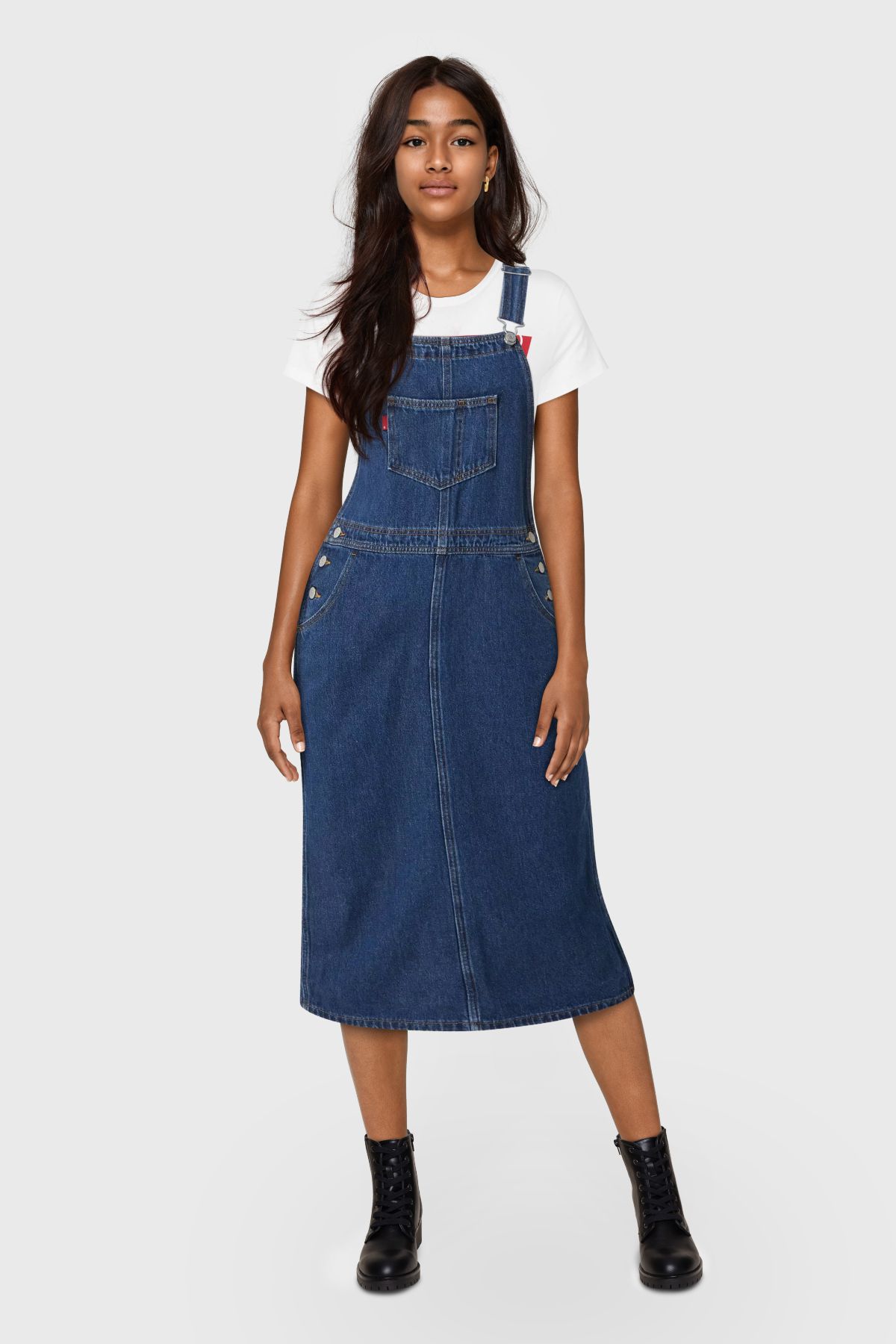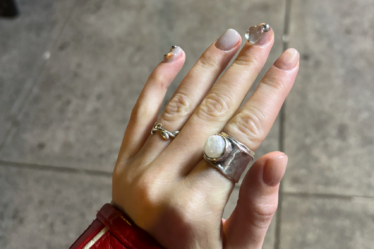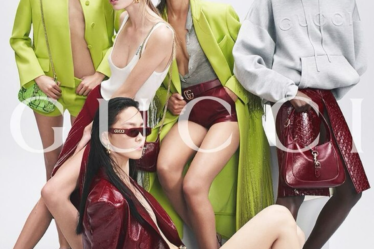

Levi’s is adding a diverse range of new fashion models to its lineup, courtesy of artificial intelligence.
On stage at the BoF Professional Summit on Technology on Wednesday, Amy Gershkoff Bolles, Levi’s global head of digital and emerging technology strategy, announced the company will begin experimenting with AI-generated models on its e-commerce channels later this year to increase the diversity of models shoppers can see wearing its products. Levi’s partner on the project is LaLaLand.ai, a digital studio that creates customised AI-generated models.
The company plans to use the new AI models alongside its human models to add a greater mix of sizes and body types, ages and skin colours. The move might raise questions, however, as to why Levi’s doesn’t hire more human models with the diverse characteristics it’s seeking, particularly given the historical difficulty these models have had finding opportunities in the fashion industry.
“It would be impossible for us to have models that cover every combination of race, ethnicity, age, body size, body type,” Gershkoff Bolles said.
Levi’s emphasised in a statement that it is still hiring diverse models and will continue to do so. The purpose of the AI models is to supplement, not replace, human models in order to create what it described as “a more personal and inclusive shopping experience.” Gershkoff Bolles also noted on stage that research shows customers are more likely to buy products when they see those products on a diverse set of models.
The partnership with LaLaLand.ai is still in its early stages and Levi’s is working out the details of how it will use the models, such as how many it might show for a single product or whether shoppers will be able to toggle through different model options. Bolles said they’re in the process of testing the technology and assessing what’s possible from a technical perspective as well as what’s best for the customer experience.
Virtual models aren’t completely new to fashion. Brands from Pacsun to Balmain have enlisted virtual influencers and models such as Lil Miquela and Shudu Gram for campaigns. But while those examples were obviously computer-generated, the point of Levi’s models is to be hyper-realistic and indistinguishable from their human counterparts. Gershkoff Bolles said only recently has the technology advanced to the point that computer-generated models can appear truly lifelike.
Levi’s itself has leaned heavily into AI in recent years, integrating it into behind-the-scenes tasks such as setting prices and merchandising stores while also running an AI bootcamp for employees. The new initiative will put Levi’s belief in AI directly in front of consumers.


